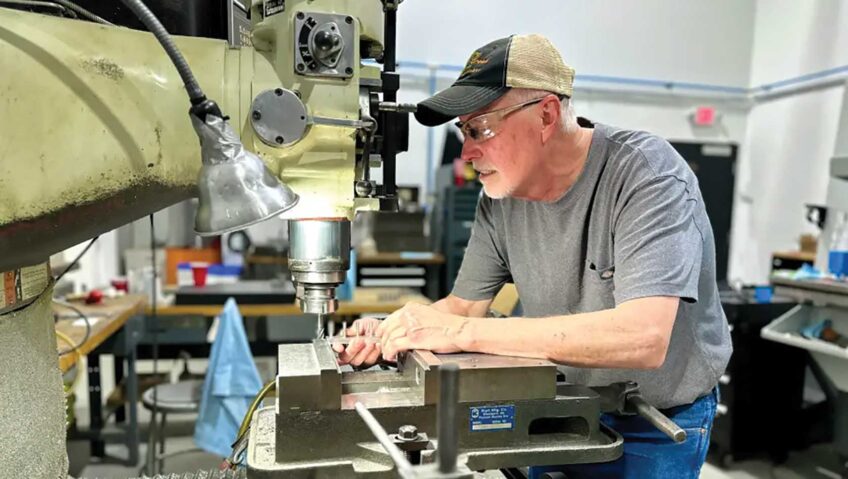BOSTON — In June, lithium-ion battery maker Boston-Power Inc. unveiled plans for a new manufacturing plant in Auburn that it said would employ 600 workers — a big gain in the state’s drive for green jobs.
Five months later, the Westborough-based company has scrapped its plans and is scoping out sites in China and other parts of Asia.
The company said the planned 455,000-square-foot facility was always contingent on federal stimulus funds which never materialized — but the story is emblematic of a larger problem facing the state.
Massachusetts has plenty of small research companies hoping to design the next big breakthrough in renewable energy. But when it comes to holding onto the manufacturing jobs that spin out of that research, the state is struggling.
Marlborough-based Evergreen Solar Inc. has received $58 million in state aid and been hailed by Gov. Deval Patrick as a green jobs hero for its decision to bring hundreds of solar panel manufacturing jobs to Devens.
But this month, the company announced it’s moving some of those jobs to China next year, a move forced in part by the company’s $167 million loss this year.
The state doesn’t need to look halfway around the world for competitors.
Michigan, struggling to rebound from declines in the auto industry, has aggressively courted Massachusetts firms.
In August, Watertown-based A123Systems, which traces its roots back to the research labs of the Massachusetts Institute of Technology, announced plans to build a lithium ion battery manufacturing facility in Livonia, Mich., using a $249 million grant from the U.S. Department of Energy.
Another company making the trek to Michigan is Mascoma Corp.
The company was based in Boston before moving its headquarters to Lebanon, N.H. earlier this year. It’s planning to break ground on its first full-scale ethanol facility in Kinross Township, Mich., in 2010. The company received $26 million from the Department of Energy and the state of Michigan kicked in another $23.5 million.
Mascoma Chairman Bruce Jamerson said there were many reasons for the move, including the availability of wood chips needed to produce the fuel. And while Massachusetts has market incentives to encourage green jobs, Michigan — in more dire economic straits — offered more aggressive financial incentives.
“They need the jobs sooner,” he said.
Critics in Massachusetts say the state needs to do more to keep those coveted manufacturing jobs.
“We have a long history of research and development, but our success of turning RandD into manufacturing jobs has been spotty,” said Brian Gilmore, executive vice president of the Associated Industries of Massachusetts, which represents 7,000 employers.
Gilmore said the state should ease the business tax burden and rein in unemployment insurance rates.
State Environmental and Energy Secretary Ian Bowles said the experience at Evergreen Solar, A123Systems and the other companies only tells half the story. He said other green energy companies are growing and creating jobs in Massachusetts.
Lilliputian, a Wilmington-based consumer electronics fuel cell company, expects to create 75 jobs in the next three years in Massachusetts and hundreds more over the next five, Bowles said. The solar technology company Konarka is expanding its manufacturing capabilities in a former Polaroid facility in New Bedford and hopes to hire over 100 workers over the next three years, he added.
“I generally reject the story line that we aren’t competing well,” Bowles said. “There’s every reason to believe it’s a good long-term bet.”
Bowles said even when a company exports manufacturing jobs, it can still be a net job boon in Massachusetts if the company adds administrative and research jobs at their headquarters.
He also said critics shouldn’t downplay Massachusetts’ strength as a research hothouse. In a recent round of federal green energy research awards, Massachusetts received 22 percent of all funding —more than even California.
(Associated Press)






